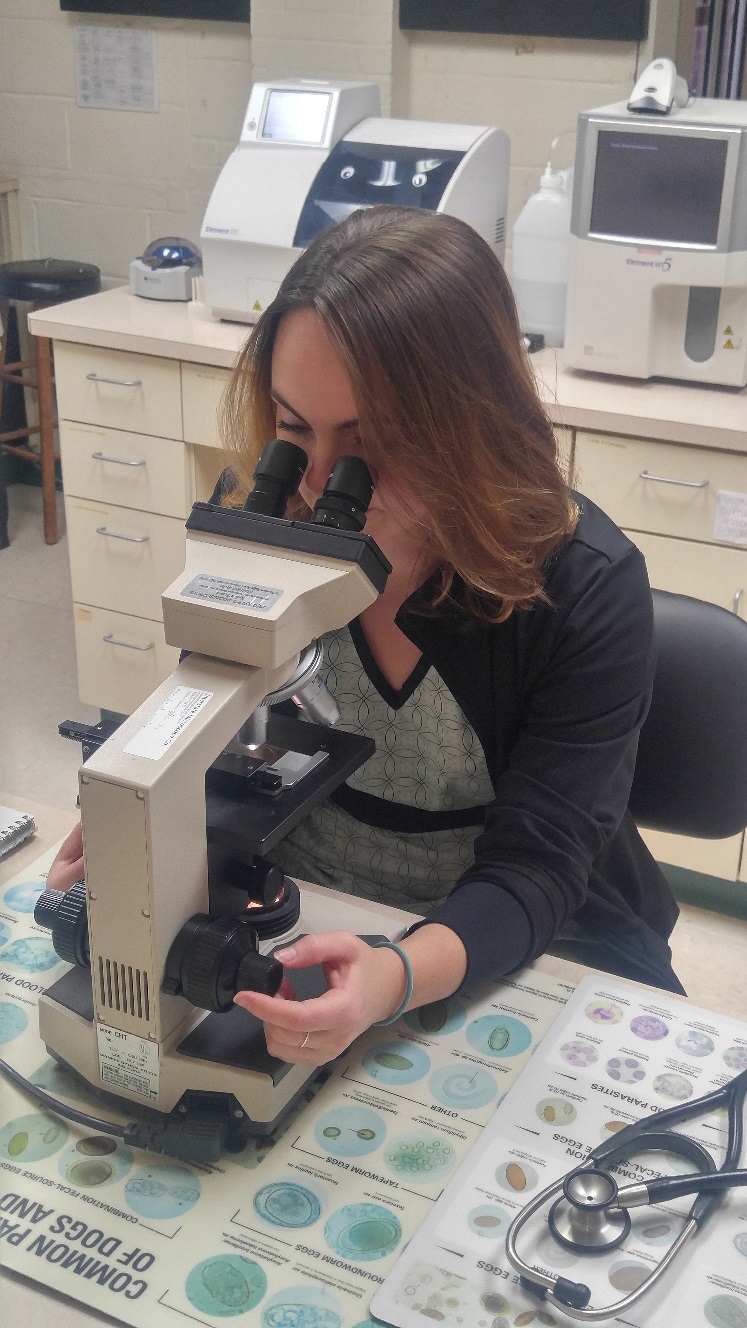Hill Creek Vet Preventive Care Philosophy. Learn about our routine preventive care wellness services below.
We believe that wellness is achieved through preventative care and proper early diagnosis. Learn more about our wellness programs and examinations below.
Physical Examinations
The cornerstone of medical care and diagnosis is a physical exam. Our doctors are trained to check your pet from head to toe, looking for abnormalities that may be a sign of illness, or a warning sign in a healthy pet. Physical exam findings also help to focus diagnostics when your pet is ill.

Consultation
Life stage counseling – Aging patients, adult dogs and cats, and puppies and kittens each have distinct and different needs. We generally discuss topics such as nutrition, activity level, and medical concerns at their annual visit, but sometimes, for issues like arthritis or cognitive impairment, it’s helpful to schedule a consult or special exam specifically to address the challenges of age associated conditions.
Pre/post purchase/adoption exams and consults – Interested in getting a new puppy but worried about shedding or possible temperament or medical problems? Come talk over your choices with us and we’ll help you sort out the best type of pet for you and our family. Many shelters and breeders require a health exam after you bring your new family member home, and we’re happy to do the exam, go over any findings with you, and send a followup letter if needed.

Nutritional counseling – whether your pet is overweight or underweight we can help you with strategies for optimal weight management and health.
Behavior consultations – For some behavioral issues, such as inappropriate elimination or mild/moderate anxieties, our doctors are equipped to help you with behavior modification techniques and medications for your pet. For more severe conditions such as severe aggression we can direct you to appropriate resources such as behaviorists and trainers.
Vaccinations
Vaccinations are given to help protect your pet from diseases that can be debilitating or deadly. Rabies vaccinations are required by law and protect both you (and other people) and your pet from this deadly zoonotic disease. Vaccination schedules are tailored to your pet based on their age, size, lifestyle, immune status and environmental risk factors. At our hospital each animal’s vaccination plan is dynamic and based on the needs of the individual animal. We also offer the option of checking titers on your pets as an alternative to vaccination. This test measures the amount of antibody your pet has against a particular disease.
Your pet’s health is important to us, and we know it is important to you. Our preventive health care recommendations are geared towards making sure that you and your pet will have as many healthy and happy years together as possible.
Laboratory Testing
Fecal flotation test
This is a test for intestinal parasites such as roundworms, hookworms and tapeworms, coccidia, and giardia. These parasites can be obtained without your knowledge and can have a very adverse effect on their health of your pet. Some of them can potentially be transmitted to humans as well, so we consider this to be a very important test.
Heartworm antigen (or antibody) test
This blood test confirms the status of a dog (or cat) for heartworm disease. Heartworm disease can cause several devastating outcomes such as heart failure, autoimmune disease, thromboembolic disease, and sudden death. It is recommended to know the heartworm status of your pet before starting heartworm prevention and annually after that.
Wellness blood panel
This is a blood (and sometimes urine) test to assess your pet’s organ systems. The results of this test can serve as a baseline for “normal” for your pet and is a way that we can monitor the inside from the outside. The tests included in this panel can give us information on many organs including the kidneys and bladder, liver and gall bladder, pancreas, spleen, and intestinal tract. It can also give us information blood elements such as red blood cells, white blood cells, and platelets. From this information we can diagnose infections, inflammation, anemia, clotting problems, and a variety of other diseases. All of this information is very useful in assessing your pet’s overall health and in identifying disease states early.

